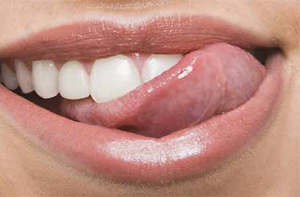Washington, Feb 12: People who are optimistic may contribute to the health of their partners, staving off the risk factors leading to Alzheimer's disease, dementia and cognitive decline as they grow old together, according to a study.
The research, published in the Journal of Personality, followed nearly 4,500 heterosexual couples from the US Health and Retirement Study for up to eight years.
The researchers found a potential link between being married to an optimistic person and preventing the onset of cognitive decline, due to a healthier environment at home.
"We spend a lot of time with our partners.They might encourage us to exercise, eat healthier or remind us to take our medicine," said William Chopik, an assistant professor at the Michigan State University in the US.
"When your partner is optimistic and healthy, it can translate to similar outcomes in your own life. You actually do experience a rosier future by living longer and staving off cognitive illnesses," Chopik said.
An optimistic partner may encourage eating healthy foods, or working out together to develop healthier lifestyles, the researchers said.
For example, if a person quits smoking or starts exercising, their partner is close to following suit, they said.
"We found that when you look at the risk factors for what predicts things like Alzheimer's disease or dementia, a lot of them are things like living a healthy lifestyle," Chopik said.
"Maintaining a healthy weight and physical activity are large predictors.There are some physiological markers as well. It looks like people who are married to optimists tend to score better on all of those metrics," he said.
The researchers said there is a sense where optimists lead by example, and their partners follow their lead.
They also suggest that when couples recall shared experiences together, richer details from the memories emerge.
Chopik noted while there is a heritable component to optimism, there is some evidence to suggest that it's a trainable quality.
"There are studies that show people have the power to change their personalities, as long as they engage in things that make them change," Chopik said.
"Part of it is wanting to change. There are also intervention programs that suggest you can build up optimism," he added.
 Chewing requires a complex interplay between the tongue and jaw, with the tongue positioning food between the teeth and then moving out of the way every time the jaw clamps down to grind it up.
Chewing requires a complex interplay between the tongue and jaw, with the tongue positioning food between the teeth and then moving out of the way every time the jaw clamps down to grind it up.





Comments
Add new comment